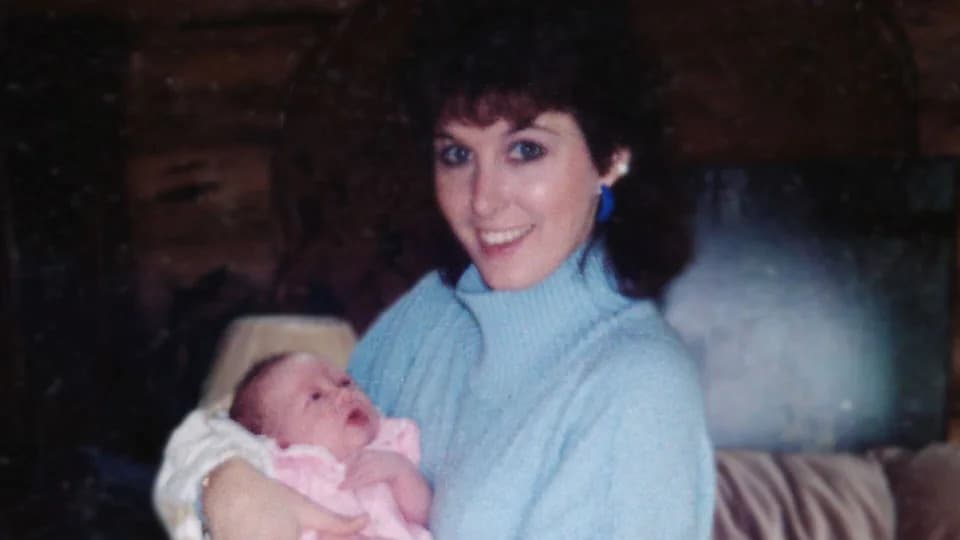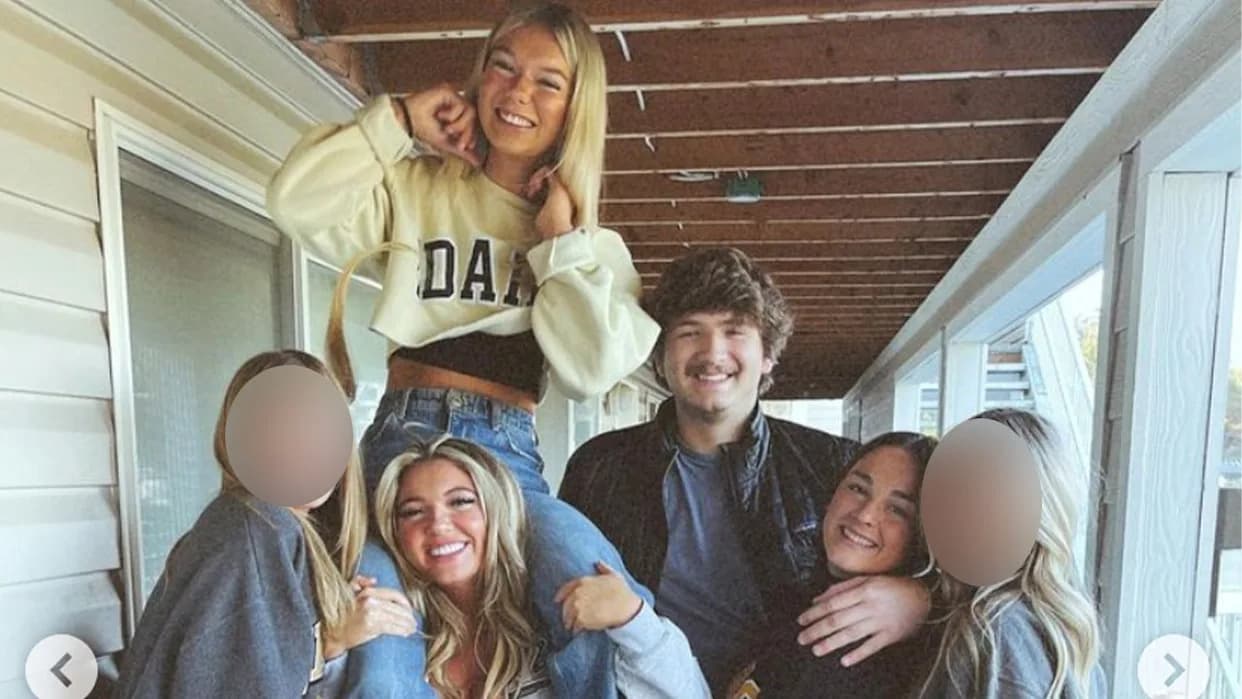Judge Lisa Lott ruled the state may present expert DNA testimony in the 2001 cold‑case murder of University of Georgia law student Tara Baker, after GBI crime lab witnesses testified the lab’s peer‑reviewed methods, including TrueAllele, are validated. The judge authorized defense funding for an independent DNA expert and quashed subpoenas for a judge and a podcaster under Georgia’s shield law. Edrick L. Faust has pleaded not guilty; trial is set for early 2026.
Judge Admits DNA Expert Testimony in 23‑Year‑Old Tara Baker Cold‑Case; TrueAllele Evidence Cleared for Trial

Judge admits DNA expert testimony in Tara Baker cold‑case
Superior Court Judge Lisa Lott this week ruled that the state may present expert DNA testimony in the long‑unsolved 2001 slaying of University of Georgia law student Tara Baker. Authorities say DNA identified 50‑year‑old Edrick L. Faust in May 2024; Faust has pleaded not guilty to a 12‑count indictment and is scheduled for trial in early 2026.
The ruling followed several hours of testimony and argument on a pretrial motion filed by Atlanta attorney Ahmad R. Crews, who asked the court to exclude the scientific evidence. Judge Lott found that testimony from Georgia Bureau of Investigation (GBI) State Crime Lab experts satisfied the state’s burden to show the lab’s peer‑reviewed methods were validated and admissible.
The GBI witnesses said their analysis relied on a computer program called TrueAllele, which is designed to interpret complex DNA mixtures when biological material from more than one person is present. Prosecutors called three State Crime Lab scientists: Biological Technical Leader Emily Schmidt, who primarily explained the system; Ashley Hinkle, who testified about testing swabs that contributed to Faust’s identification; and forensic analyst Xykiera Sim, who described recovering DNA from evidence collected at the time of the crime. The contested item was identified in court as "State’s exhibit 6."
On cross‑examination, Crews challenged the reliability of DNA that is 23 years old and questioned whether the lab’s use of TrueAllele here was a novel application. Schmidt responded that TrueAllele has been used in older investigations — including cases that resulted in exonerations — and that the lab’s procedures have been validated.
Judge Lott also entered an order authorizing funding for the defense to retain an independent scientific expert to review the DNA work, a move that ensures the defense will have its own technical assistance at trial.
Other pretrial rulings: subpoenas quashed, courtroom remains open
Before resolving the admissibility motion, Lott heard several related filings by Crews. He had subpoenaed seven people the previous week, including Superior Court Judge Eric Norris, who signed the original search and arrest warrants, and podcaster Cameron Jay Harrelson, host of the Classic City Crime Podcast, which previously examined Baker’s unsolved death.
The State Attorney General’s Office attorney John Smith (representing Norris) and Athens lawyer Ed Tolley (representing Harrelson) argued to quash the subpoenas. Lott agreed, ruling that Norris could not be compelled to testify about actions taken in his judicial role and that Harrelson was protected under Georgia’s journalists’ shield law, which shields reporters’ notes and unpublished materials from compelled disclosure. Tolley had argued that Crews did not show the podcast materials were relevant to the defense.
Crews also sought to close the hearings to the public; Lott denied that request, noting the high bar for limiting public access and Supreme Court precedent favoring open courtrooms.
At one point during the proceedings, Crews told the court, "When this case is over, I believe Mr. Faust is going home." The court’s rulings on evidence and access set the stage for the trial currently scheduled for early 2026.
Note: This article summarizes court actions and testimony related to a pending criminal case. All defendants are presumed innocent until proven guilty in a court of law.
Help us improve.




























